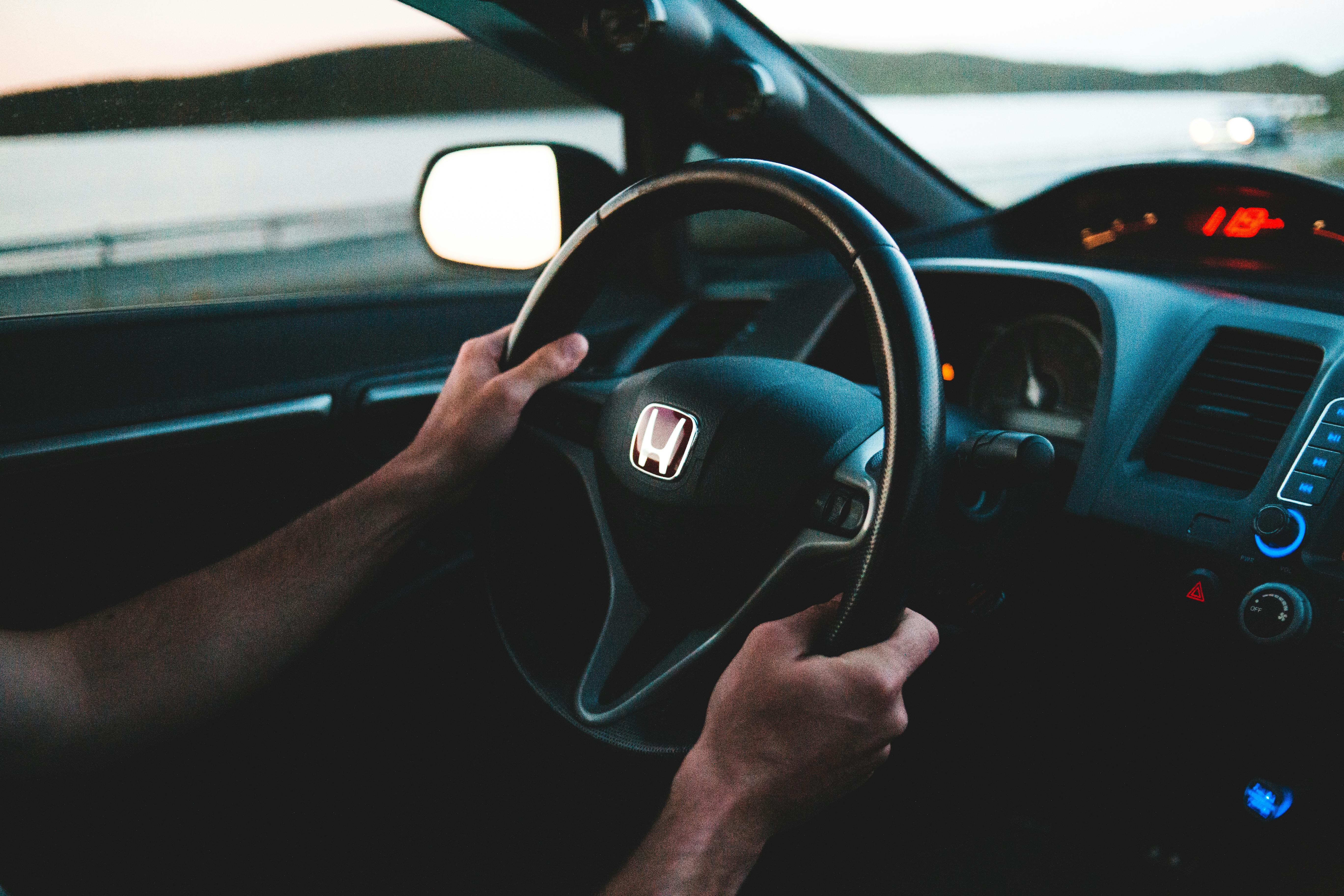Garagekeepers Legal Liability Vs Garagekeepers Primary Liability Insurance
There are certain commonalities and differences between garage insurance and garage attendant liability coverage. The key commonality, and possibly the only similarity, is that both coverages are required at establishments that are associated with vehicle use. The differences are several, and to understand the differences we will begin by defining both terms.
Garage Liability. This is necessary to provide protection against bodily injury and property damage resulting from garage activities. Garage operations refer to actions related to the ownership, maintenance and use of sites for garage businesses. The civil liability of the garage covers two main coverages:
1. Garage Liability – Auto Covered: This is probably the most critical coverage for garage companies to have. Garages have a different liability exposure and for that reason must have different types of insurance. The insurance division came up with a system of symbols for automobile liability. This is a brief summary:
* SYMBOL 21 = Any Car. This is the broadest symbol where coverage applies to any car.
* SYMBOL 22 = All Own Cars. Coverage under this code applies to any and all automobiles owned by the establishment, including trailers that are towed by owned automobiles.
* SYMBOL 23 = Only private cars with own passengers. Coverage affiliated with this symbol includes all privately owned passenger automobiles.
* SYMBOL 24 = Own cars other than private passenger cars only. Coverage here applies to non-private passenger vehicles owned by an insured, including trailers pulled by own automobiles.
* SYMBOL 25 = Own cars subject to no fault. This symbol is relevant to any automobile owned by an insured in any no-fault jurisdiction.
* SYMBOL 26 = Own Cars Subject to the Mandatory Uninsured Motorist Law. This applies to any car owned by the insured in states where uninsured motorists are required coverage.
* SYMBOL 27 = Specifically Described Cars. The coverage is applicable only to certain cars that are specifically scheduled in the policy.
* SYMBOL 28 = Hired Cars Only. Coverage applies to vehicles that the insured leases, rents, or borrows from anyone other than an officer, owner, or employee of the business.
* SYMBOL 29 = Non-Owned Cars Only. Coverage applies to vehicles that the insured does not own, lease, rent, rent, or borrow, but are used in business. This includes cars owned by partners themselves, staff, or any member of the business while these vehicles are used in business transactions.
* SYMBOL 30 = Cars Left for Service/Repair/Storage. This applies to cars that are left at car service companies for maintenance or repair.
* SYMBOL 31 = Cars on Consignment. Coverage applies to any and all vehicles left at the insured’s location for sale on consignment. This does not apply to cars left at car dealerships.
2. Garage Liability – Other than Covered Automobile: This incorporates features of General Commercial Liability, other than automobile liability. CGL coverages like facilities (ie slip and fall) are usually insured here.
Civil Liability Insurance for Garages. This is coverage for physical damage to customer automobiles left in the insured’s custody for repair or service. Coverage options are collision, comprehensive (anything other than collision), specific causes of loss (fire, lightning or explosion, theft, damage or vandalism).
Garage attendants can be listed as primary or legal. Garagekeepers Liability (also called Garagekeepers Direct Excess, coverage applies to losses that exceed the vehicle owner’s coverage. To put it another way, the policy will pay after the customer’s vehicle policy pays, and only if the insured is legally responsible for the damage from Garagekeepers Primary Liability (also known as Garagekeepers Direct Primary), the insured garage would share the loss with the car owner’s insurer, regardless of who is at fault Garagekeepers Primary Liability allows for greater protection for garages.
Companies that need garage responsibility. The following are examples of businesses that need garage liability:
Towing operations, car dealerships, auto shops, body shops, valet parking, lube shops, car washes, or any business that relates to the trade or service of automotive industries.
